Is it possible (without an application layer cache of requests) to prevent sending an HTTP request for the same resource multiple times when it's cachable? And if yes, how?
E.g. instead of
at time 0: GET /data (request#1)
at time 1: GET /data (request#2)
at time 2: received response#1 for request#1 // headers indicate that the response can be cached
at time 3: received response#2 for request#2 // headers indicate that the response can be cached
at time 0: GET /data (request#1)
at time 1: GET /data (will wait for the response of request#1)
at time 2: received response#1 for request#1 // headers indicate that the response can be cached
at time 3: returns response#1 for request#2
This would require that its possible to indicate to the browser that the response will be cachable before the response headers are read. I am asking if there is such a mechanism. E.g. with a preceding OPTIONS or HEAD request of some kind.

